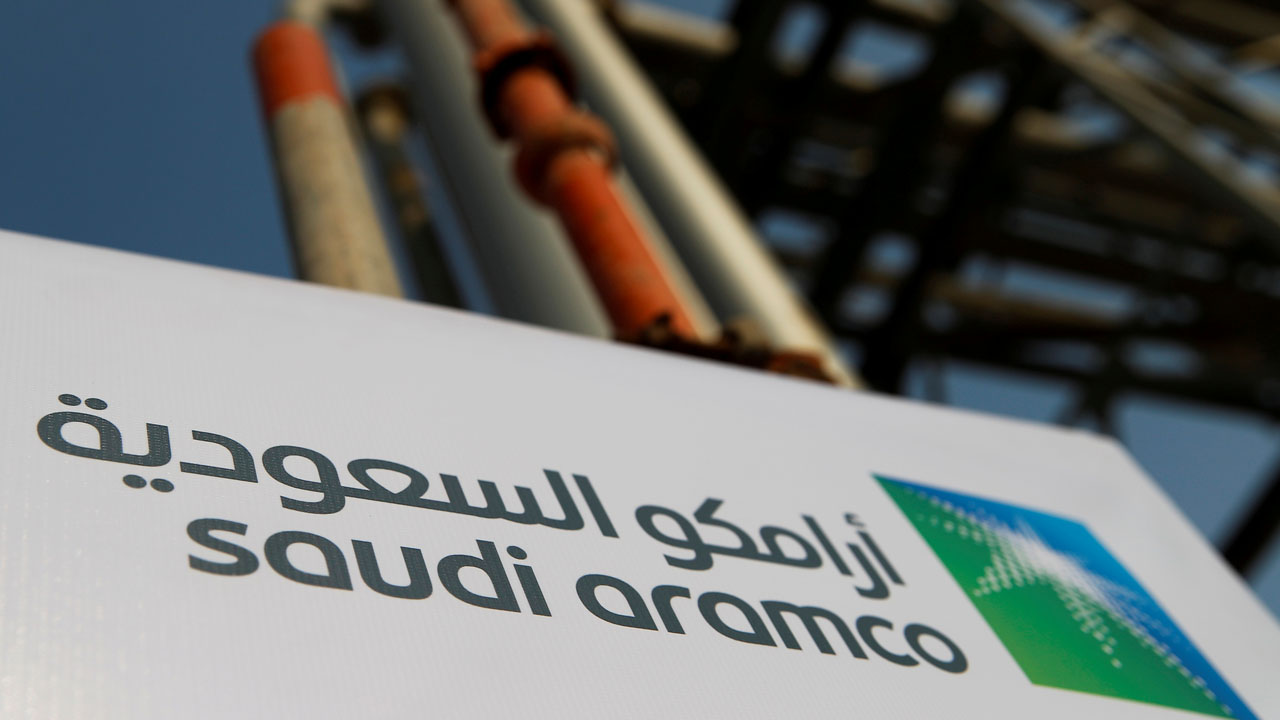
Saudi Arabia, the world’s top oil exporter, yesterday re-echoed Nigeria’s position on the energy transition drive, stating that the current transition plan is flawed and not delivering.
Specifically, oil giant Saudi Aramco, through its CEO, Amin Nasser advocated the utilisation of conventional hydrocarbons in tandem with developing cleaner and lower carbon resources, saying, “the problem is that we are looking at it as if we are living in a bubble. We are looking at it from a western point of view, and the rest of the world needs to adapt. No, it’s not going to work like that. One-size-fits-all does not work.”
Saudi officials said the switch from hydrocarbons could take decades, necessitating continued investment in conventional resources.
OPEC members had warned of underinvestment in fossil fuels especially while spare production capacity is thin and demand relatively healthy despite economic headwinds.
Just recently, Nigeria’s vice president, Yemi Osinbajo, said that a just energy transition will preclude calls to defund gas projects in order to force gas-rich countries like Nigeria to switch to renewables.
Osinbajo said the call to ban the funding of fossil fuel projects no distinction between upstream oil and coal exploration; and gas power plants for grid balancing.
“Also no economy in the world has been known to use renewables, solely, to industrialise. Solar power simply does not have the base load capacity yet for industry,” he said.
Poor countries like Nigeria, which have made an insignificant contribution to carbon emissions, require fossil fuels to develop their economies. Gas is important for clean cooking to replace dirtier sources like firewood. This is why many have balked at the suggestion to stop developing fossil fuels.
“Stopping the use of gas means that we cannot use LPG for clean cooking stoves to replace the use of kerosene, firewood, and charcoal which are dirtier fuels that are widely used for cooking and other domestic purposes, particularly in the rural areas. The use of firewood means deforestation, cutting down trees and of course desertification and then the loss of our carbon sinks,” he said.
He condemned the “double standards that wealthier countries have adopted on this issue.” In the wake of the energy crisis, many European nations have made recent announcements to increase or extend their use of coal-fired power generation through 2023, and potentially beyond.
“This is in violation of their climate commitments, and analysis suggests that this will raise power sector emissions of the EU by 4O degrees – a significant amount, given the high base denominator of EU emissions,” he said.
The existing renewable and fossil fuel substitutes are currently unable to fully meet the world’s growing energy requirements, he said. “We need to work in parallel until alternatives are ready to shoulder a bigger piece of the growing energy demand in the future,” Nasser said, adding that concerns over affordability, availability and energy security are otherwise pushing consumers back to coal.
The Aramco chief also endorsed decarbonising existing resources through carbon capture and sequestration, supporting energy companies as part of the transition solution and accepting the varying ability of countries to adapt to decarbonisation.
He assessed that current planned global fossil fuel investment stands at around $300bn-400bn, which is not only nominally well down on the $700bn spent in the upstream in 2014, but down by even more in real terms because of strong inflation.
The IEA’s net zero emissions 2050 scenario showed in May 2021 that no new oil and gas fields should be approved for development beyond commitments made by 2021, if the world is to achieve net zero CO2 emissions by 2050.



